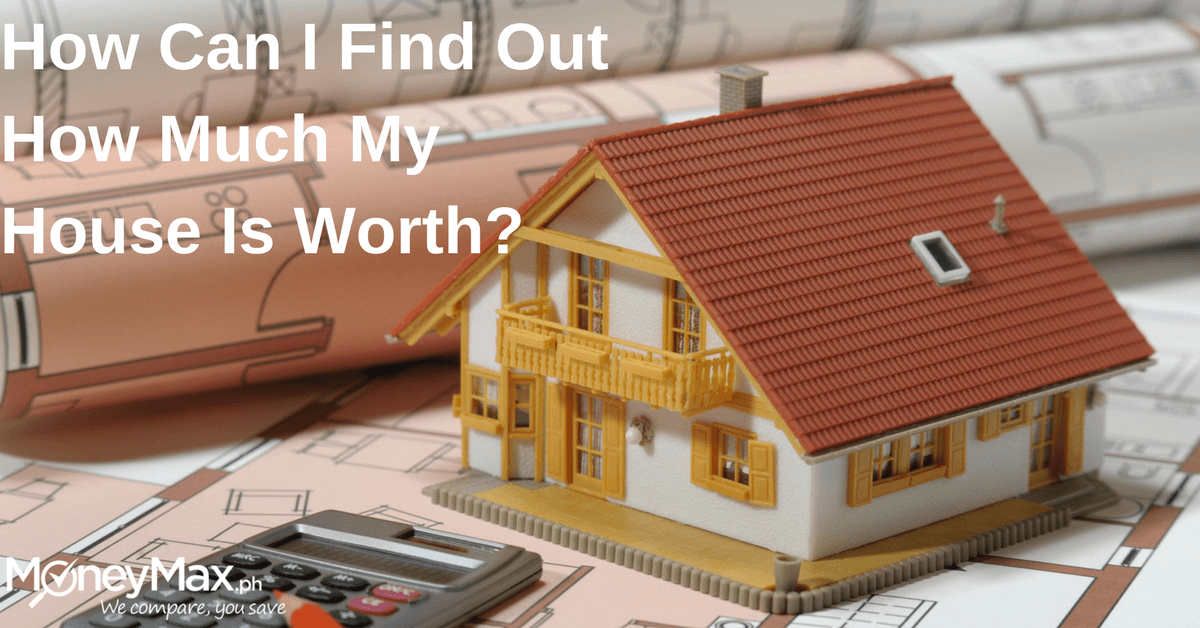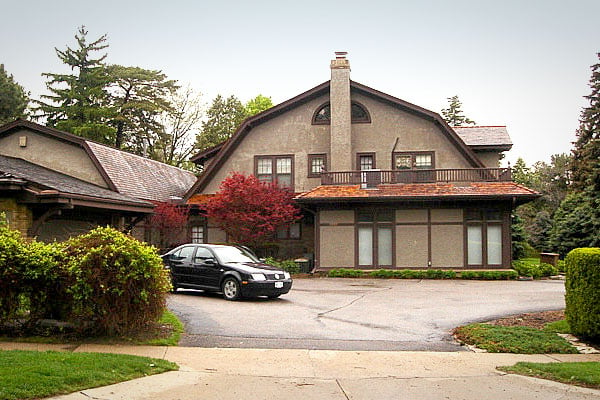
If you are having thoughts about selling your house, you must first know how to properly arrive at the estimated worth of your property. What most people do in such a case is to readily consult a professional real estate appraiser for sound advice as they have access to private industry databases, but it would be better to have your hand in the matter as it is your property that is at stake. No one wants to lose in a deal, particularly a financial deal as risky as a real estate property.
There are countless ways you can turn to ensure that your house is properly appraised. However, note that property valuation as much as any valuation process existing in the real estate industry is always an estimation. Accuracy is never the name of the game as the worth of your property is never fixed and is valued differently at different times. Real estate listings website MyProperty.ph has put together three common approaches are identified in appraising the worth of a property.
 Income Capitalization
Income Capitalization
This approach is the most technical of the three approaches and is commonly used when buying an investment property (e.g., commercial, residential, or industrial property). It values a property by evaluating how much income or monetary return it is capable of producing. Four factors figure in this method:
Anticipation: The current value of the property is dependent on the anticipated benefits the buyer will accrue in owning it. In this principle, you should be skilled and updated in analyzing national, regional, local, and neighborhood trends that can influence future income or utility of the property.
For example, a condominium may not have been profitable in the past but because of the construction of infrastructures and the sprouting of commercial and business establishments around the area, the income of the property will increase and, thus, affect its property value.
Change: The principle of anticipation is closely related to the principle of change. This principle is basically about being aware of the economic, social, political, and environmental forces that are constantly changing and affect the value of the property. These forces impact the market value of a property a great deal. One must then be careful in analyzing the direction these factors will take. Also, this is the reason why property value estimates must be made always with a specified date.
Substitution: If the asking price for a home is more than what it would cost to construct one, no one will ever buy that home. For example, a vacant lot can be purchased in a particular subdivision where a house of a certain type and size can be constructed in it for about Php400,000. This will set the limit or ceiling price for all the fully furnished houses of the same size for sale around the area. Value can only be increased if the house for sale has distinguishing features like providing a great view of the lake nearby or a panoramic view of the city.
Contribution: The value of an improvement is dependent on how it adds or contributes market value to the whole property, and not how much the improvement costs. For example, most people who sell real estate have this belief that spending money to enhance the property will increase its market value.
They add swimming pool adjacent to the property to make it more appealing or add a landscape of exotic shrubs and ornaments. However, this is not always the case as there are buyers who do not desire these particular enhancements and, thus, the improvements made do not add up to the market value of the property; or worse, make the property even less desirable.
 Costs
Costs
This takes into account the prevalent market value in the area where the property is located. The principle of substitution is the basis of this method and always refers to the general rule where site value plus production costs of the improvement set the upper limit to the property value.
The cost approach requires a certain assumptions, such as the availability of nearby properties. Nearby properties are necessary to make a comparison. If there are no available properties to compare with, the value must be estimated. Residential real estate usually does not use this approach. An exception is when the property is unimproved or over-improved compared to the houses in the given neighborhood.
 Sales Comparison
Sales Comparison
This is very easy to understand. Consider for example going to the public market to buy fruit. What indicates the price of a fruit is the price of similar fruit being sold in the area. Take that principle to real estate and you understand what sales comparison approach is.
However, because individual real estate all have unique qualities, close comparisons are difficult. Moreover, sales data for specialized property maybe non-existing or sketchy at best. But if data are complete and available, the sales comparison approach is generally considered the best and most used method in appraising residential properties in the real estate market.
The sales comparison approach uses two steps: first, a collection of data on sales of similar properties; and the other one is the adjustment of the sales data to make them reflect the subject property as accurately as possible. Data related to physical and location characteristics, financing arrangements, conditions of the sale, and market conditions at the time of sale must be modified accordingly.
Bonus Tip
While appraisal methods are reliable as they give an estimated valuation of your property, the only real test of how much your property is worth at any given moment is the price someone is willing to pay for it. Sometimes a buyer can afford a price higher than what you have in mind so it is always advisable to keep silent and ask the buyer first how much he can spend and from there, adjust the transaction price. Most often sellers discovered this too late and end up short-selling themselves.









